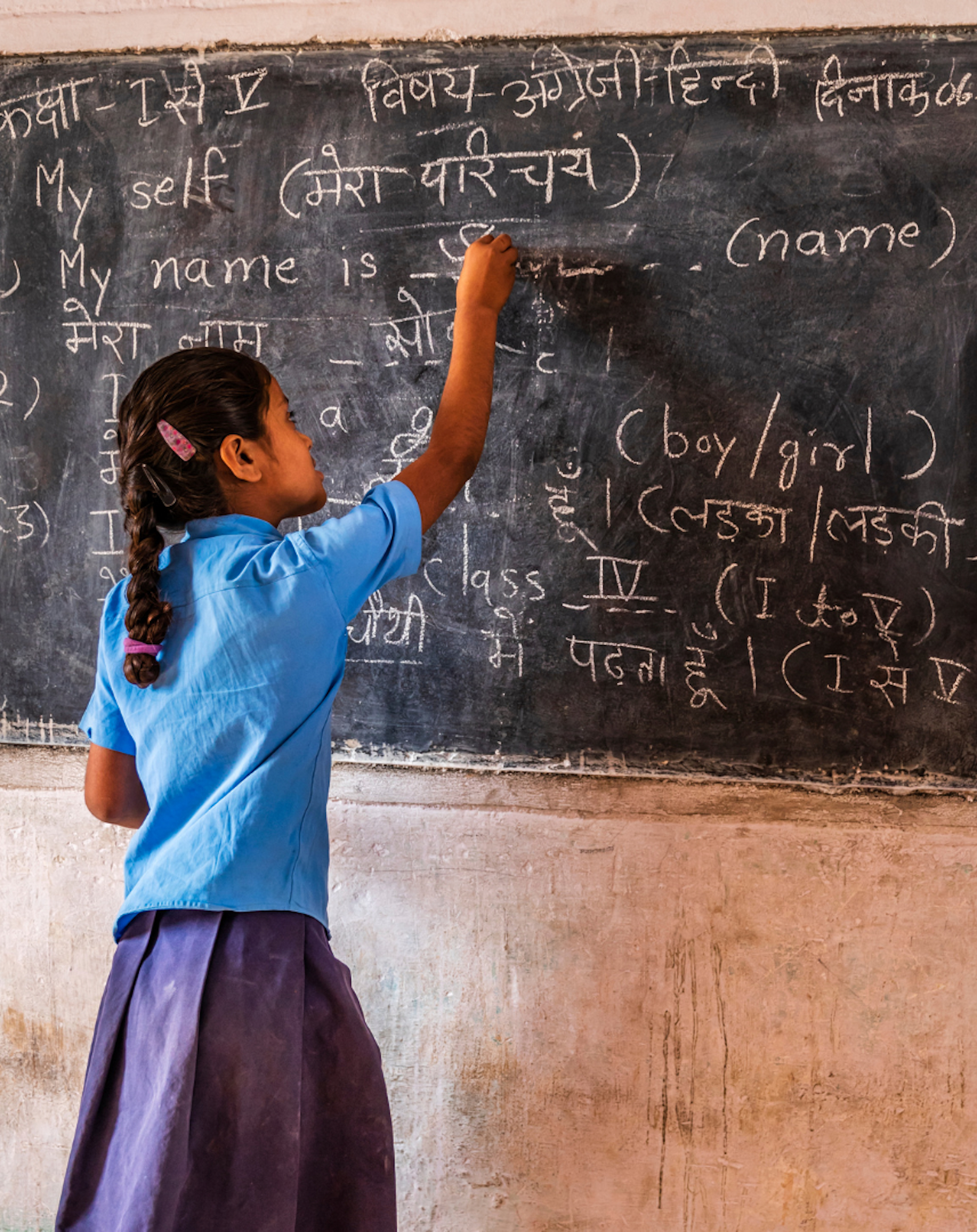The push to get all children learning
The What Works Hub for Global Education is working to implement education reforms at scale.

For individuals and societies to flourish, there is an urgent need for all children to learn foundational skills such as reading, writing and maths.
In the 21st century so far, there has been huge global success in getting more children into school. But it’s become clear that even as rates of schooling shoot up, students are still learning very little. Research, including by the Blavatnik School, has identified various measures that can improve outcomes: to give just one example, teaching at children’s actual learning level, rather than the level prescribed for their age group.
The next frontier is putting these evidence-based ideas into widespread practice, all the way into millions of individual classrooms. This is no small challenge: governments must put changes into practice at scale, where theory meets all the messiness of politics, varying contexts, resistance
to change, and so on.
The multi-year What Works Hub for Global Education programme, for which the Blavatnik School is a leading partner, with £31 million in funding, works at this frontier. It is a collaborative research initiative between the School, the UK Government’s Foreign, Commonwealth & Development Office (FCDO), the Bill & Melinda Gates Foundation, the World Bank, USAID, UNICEF, UNESCO- IIEP, the Learning Generation Initiative, and the British Council.
The programme will help make the best existing evidence on what works clear and available to governments so they can use it immediately; support governments’ use of this evidence for bold reform; and undertake research in implementation science – in other words, how to get things done at scale.
The School is convening a unique consortium of world-leading academics, grassroots organisations and governments themselves, with two-thirds of the consortium partners in low- and middle-income countries. In an unprecedented example of undertaking world-leading research and real-world reform simultaneously, this consortium will study how to implement education reforms at scale, while supporting governments in real time to do it.
By working alongside governments as they put in place reforms, the consortium will generate evidence about the ingredients of successful implementation. This effort will catalyse a new academic focus on implementation science within education, while concurrently having real-world impact.
The work will directly affect up to three million children, and reach up to 17 million more through its influence. It will initially be undertaken in four primary countries, India, Pakistan, Rwanda and Tanzania, with further work in Botswana, Bangladesh, Ghana, Kenya, Nigeria, Sierra Leone and South Africa.

